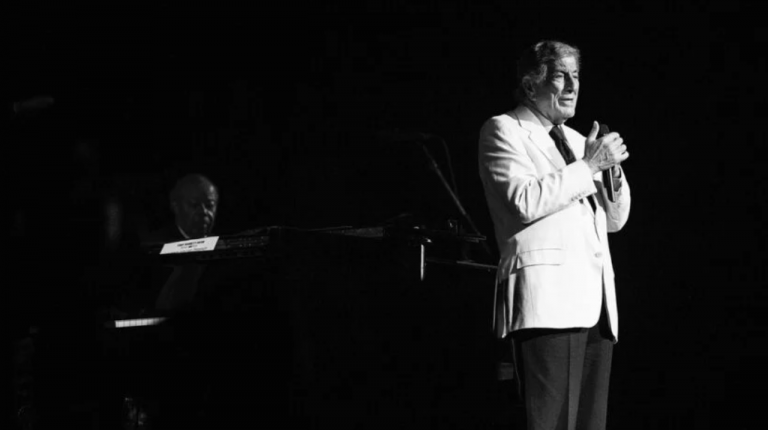

Noel Schajris is at the center of visionary conversations. Credit to Rolling Stone.
Los Angeles, California (May 20, 2025)- In the heart of Mexico City, amidst a crowd buzzing with ideas and possibility, acclaimed singer-songwriter Noel Schajris took center stage at Future of Music, the visionary conversation series launched by ROLLING STONE en Español. Designed as a curated deep dive into the evolving sonic landscape of Spanish-language music, the event brought together artists, producers, and innovators to confront one urgent, resonant question: what is the future of music, and who is shaping it?
For Schajris, whose legacy already includes decades of chart-topping songs and a profound influence on Latin pop, the answer lies in collaboration, cultural roots, and above all, authenticity. Participating in the panel “Hispanics Shaping the Future: Exploring How Spanish-Speaking Artists Are Transforming the Contemporary Scene,” he was joined by Eduardo “Rocker” Iñiguez (ONErpm), El David Aguilar, LAGOS, and Paula Cendejas. Together, they explored how Spanish-speaking artists are not just reacting to global trends, but actively redefining the boundaries of what modern music can be.
“It’s an honor to be part of this generation of Hispanic artists who are rewriting the story of our music,” Noel said in a closing statement that resonated like a mission. “Being part of this conversation is also a way to honor the art that connects us to our roots and the future we imagine.”
That duality—the tension between past and future, nostalgia and innovation—sits at the core of Noel’s current work. While still deeply embedded in the emotional storytelling that’s defined his career, Noel is no longer simply content to be an interpreter of his own songs. He’s become an architect of the musical landscape itself. Through his movement #VuelveASerDueñoDeTuMúsica, he advocates for artistic sovereignty and fair practices in an industry where creators often cede control in exchange for visibility. Under his label Dynamo Productions, Noel mentors and supports independent artists who share his values, helping to build a more sustainable and equitable path forward.
The timing of his participation in Future of Music is no coincidence. This conversation comes just days before the release of two major projects that reflect Noel’s evolving vision. On May 29, he will debut a brand-new single, “Gracias por Entrar,” a heartfelt invitation into his reimagined artistic space. The following day, May 30, he unveils his highly anticipated album “Uno No Es Uno”—a project that reinterprets some of his most beloved songs with a bold, future-facing production approach.
More than just a retrospective, Uno No Es Uno is a layered experience. Recorded in Los Angeles, the album offers two distinct mixes: one recorded to analog tape, rich with warmth and nostalgia; the other digitally mixed for crisp, modern clarity. This twin format speaks to the soul of Noel’s philosophy: that music should be both a vessel of memory and a medium of evolution. It’s not about choosing between the past and the future—it’s about honoring both.
Fans will be able to stream Uno No Es Uno across all digital platforms, while physical editions (vinyl and CD) will be available at Barnes & Noble stores in the U.S. For those who purchase the album through NoelSchajris.fan, an added bonus awaits: a free digital version bundled with both the analog and digital mixes, available at no extra cost. It’s a collector’s piece for the heart and the ears—offered with the same care and detail that defines his artistry.
In a musical climate often dominated by algorithms, trends, and instant gratification, Noel Schajris’s presence at Future of Music felt like a return to deeper questions. What makes a song endure? What does it mean to own your art? And how do we build a future that makes room not just for volume, but for voice?
With grace and conviction, Schajris reminded us that music’s future will not be shaped solely by the loudest sounds, but by those willing to protect its soul. And in doing so, he reaffirmed his place not only as a celebrated artist, but as one of the most thoughtful cultural stewards of his generation.








